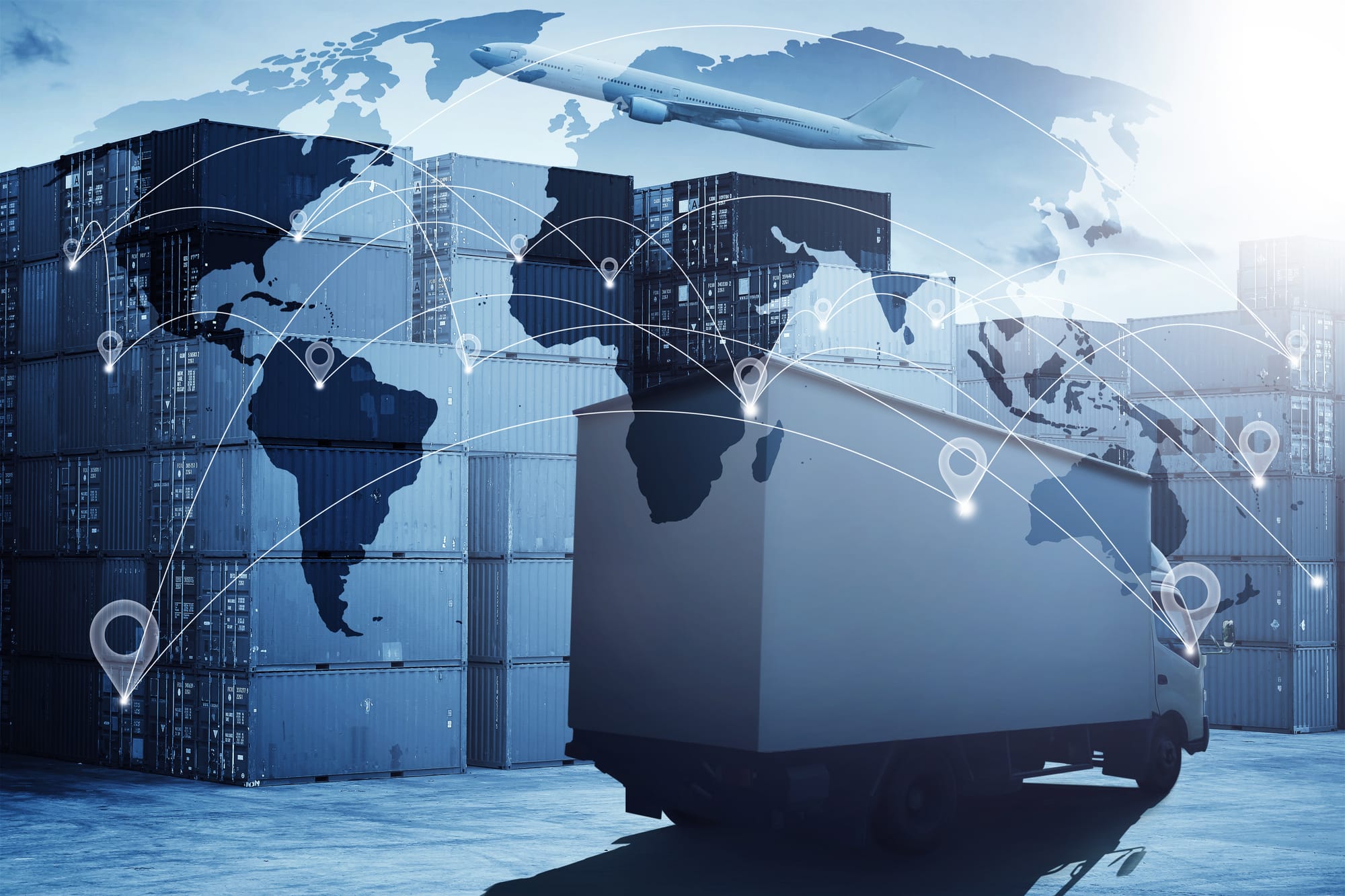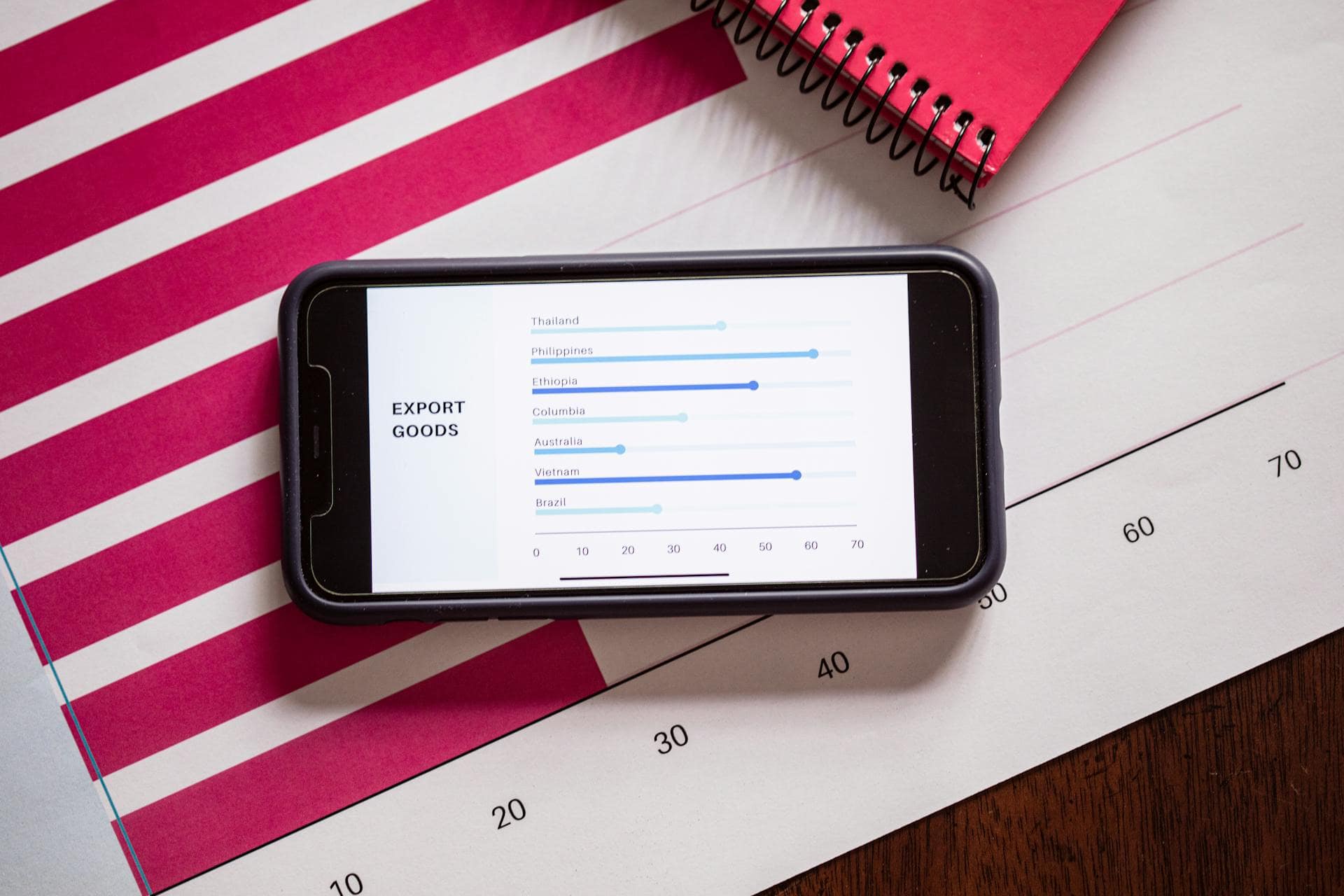Taking your business to an international level allows you to reach new customers, get better prices on manufacturing, and ultimately, make more money.
Unfortunately, once your business goes global, you’re suddenly susceptible to risks that you might not have considered before. Your company is now under new tax laws, import and export duties, and even regulations that determine who and where you can legally do business.
So, what can you do now to mitigate the financial and legal risks of running a global business? Here are three of the best ways to protect your business.
Mitigating Global Business Risks
While you can’t anticipate every problem that could occur with conducting business internationally, you can plan ahead for some commonly underestimated risks.
-
Understand Import and Export Costs
Upfront, conducting business outside your home country will cost you more money, primarily because of tariffs on certain goods entering and exiting specific countries.
To avoid paying for unexpected import or export duties, do your research ahead of time to understand your goods’ shipping costs and import costs.
Some countries have better business relationships overseas than others.
Before you start marketing or manufacturing in another country, make sure you know exactly how much it will cost to do business in that country and how much it will cost your customers to import your product to their country.
You can also work around some import duties by bringing in a third country as a middleman to store and ship your items to their final destination.
For example, importing goods from Canada and Mexico into the United States is cheap, but it is expensive to import goods directly from China. Knowing this, many companies choose to keep a warehouse in Canada or Mexico to hold goods imported from China and then ship directly to consumers to avoid those heavy tariffs.
Of course, every country is different, so it’s imperative to do your homework to find the most affordable options.
-
Reduce Supply Chain Risks
Businesses and consumers alike have experienced the effects of an interrupted supply chain. Whether it’s because of severe weather, political unrest, or a global pandemic, the result is the same. You can’t fill orders until you have all the parts and pieces you need to manufacture your product.
When you’re loaded down with backorders, customers start to cancel shipments altogether and request refunds. Supply chain issues cost you money and can hurt your company’s reputation.
How can you reduce your supply chain risks? Unfortunately, you’ll never be able to prevent those unforeseen emergencies from putting a glitch in your business. Still, you can be prepared when it happens, so you don’t risk losing even more money in the long run.
One way you can mitigate supply chain risks is by diversifying your supplier base. It will take a little more work initially. Still, if you take time and invest a little money now into buying the same parts from various suppliers, you’ll ensure that you won’t be left without materials if the supply chain gets interrupted.
Ideally, you’ll want to look for suppliers that live in different regions from each other, so if a hurricane hits one supplier, the other will be safe, and you’ll be able to keep your businesses running without any hiccups.
Another thing you can do is to work with suppliers that are closer to you. You can still do business with international suppliers, but by looking for ones on the same continent as you, delays in shipping will take significantly less time than ones overseas.
-
Know Your Buyer
It would be nice just to sell a product without giving a second thought about who the person is buying it or what they plan on doing with it afterward, but business owners don’t have that luxury.
Because of ever-growing security concerns and constantly changing political situations, governments place bans on who and where we can do business. In fact, to make sure we’re not inadvertently supporting someone with malicious intent, there are denied-party lists to clarify what kind of business, if any, is legal with these sanctioned entities.
These lists are made to protect countries against individuals or organizations that are either enemies of the country or are suspected of causing harm to public health and safety. The lists include terrorist organizations, organizations, or individuals who are a threat to national security or have a history of corrupt or criminal behavior.
While more than 1,300 lists are designed to protect citizens, if a company unknowingly conducts business with someone on the list, they can be prosecuted, resulting in heavy penalties that include:
- Up to $1 million per violation
- Up to 20 years in prison
- Administrative fines of $300,000 per violation
- Losing export privileges
- Being deported if not a U.S. Citizen
Clearly, the importance of these lists should not be taken lightly. So, how can you mitigate the risk of being prosecuted for conducting business unknowingly with a sanctioned entity? By consulting up-to-date lists every time you conduct business outside of the country.
Staying current with these 1,300 lists will be nearly impossible for business owners, especially since they are constantly evolving.
Rather than scanning through one list at a time, our easy-to-use Watch List Screening software gives you the most current restricted, denied, or prohibited party lists to ensure you’re not unknowingly working with an individual, business, or country that’s restricted.
You’ll not only have peace of mind knowing you’re helping keep the world a bit safer, but you’ll avoid running the risk of prosecution that could undoubtedly destroy your business.
Don’t Leave Your Business Success to Chance
As your business grows and evolves, so will your business model, especially if you start to work internationally. Just as you had a solid plan before starting your business, you need to create a new global strategy to mitigate any risks associated with conducting business outside the country.
Understanding trade laws and keeping up to date with an ever-changing economy and political environment gets easier when you work with the experts at OCR, Global Trade Management. Contact us today for a business consultation or free product demonstration.
Reference Links:



